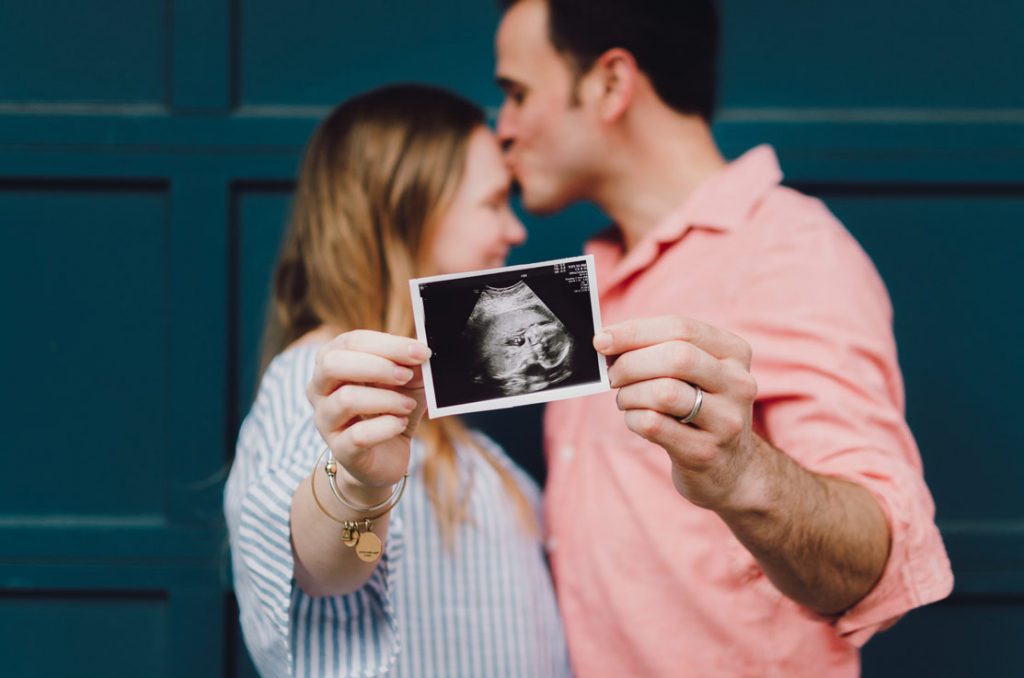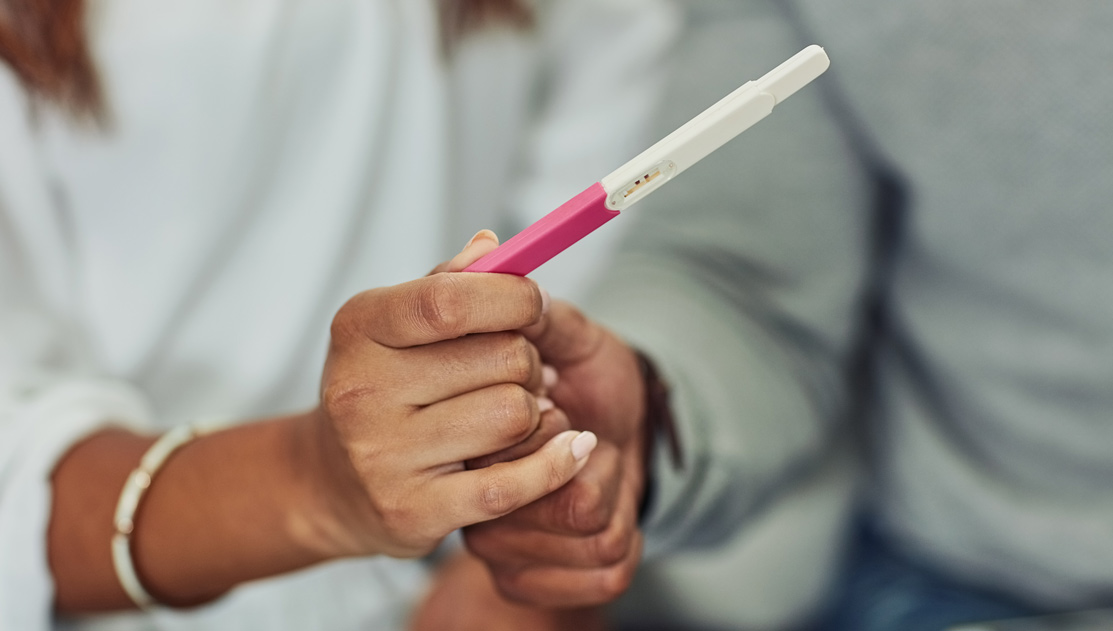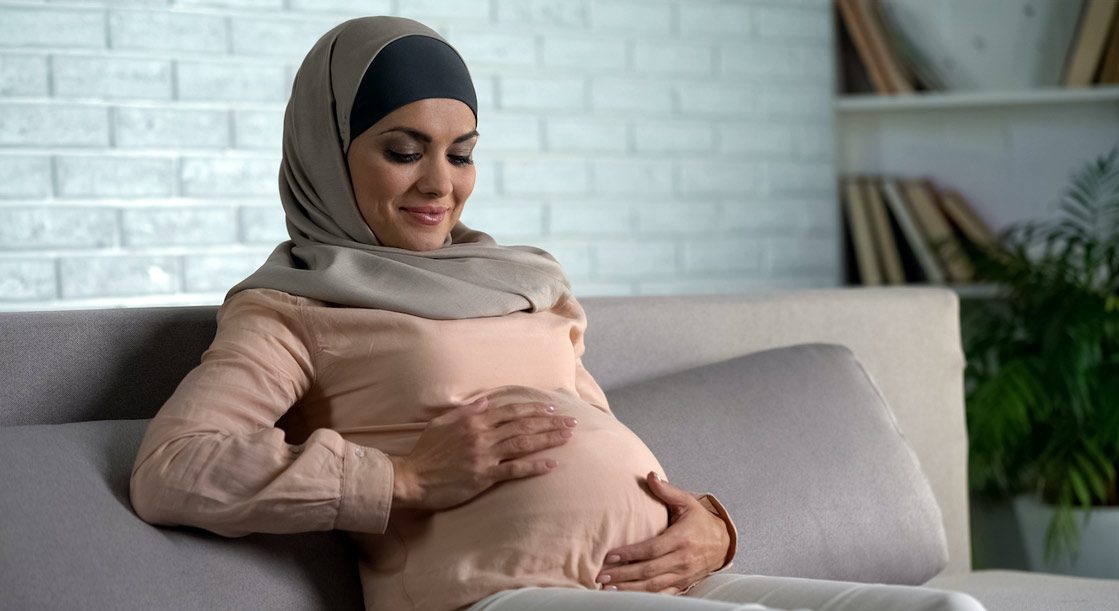Receiving a cancer diagnosis is a traumatic event that can leave you fraught with worry, but if you’re also reaching the stage of thinking about starting a family, it can leave you with additional anxiety about the future of your fertility.
With any form of cancer, it is very important to talk to your doctor about how it could affect your fertility before any treatment goes ahead. This is so that you can plan ahead for any fertility preservation or treatments, clear up misconceptions and help to prepare yourself mentally, physically and emotionally for the journey ahead.
There are risks of infertility with various types of cancer and cancer treatment; however, those of the reproductive organs are most likely to decrease chances of conception in future.
Types of cancer treatment that can affect fertility
Surgery
Surgery to remove or partially remove the uterus is called a ‘hysterectomy’. This is a major surgery for severe cancers of the female reproductive system, including uterine and cervical. Due to the fact that foetuses grow inside the uterus, a hysterectomy would make it impossible for a woman to become pregnant and carry a baby.
An oophorectomy is a surgery to remove the ovaries to prevent the spread of ovarian cancer, as well as other cancers in the reproductive system. It may be performed at the same time as a hysterectomy, however, if it is not necessary to remove the ovaries during this procedure, then one or both can be left intact to preserve eggs and also to produce estrogen to combat symptoms of menopause.
Cervical cancer may require a trachelectomy (or cervicectomy) which is surgery to remove the cervix. If the cancer is limited to the cervix, the uterus can be left behind to allow the patient to become pregnant in future.
Radiotherapy and chemotherapy
Radiotherapy uses localised radiation to kill cancer cells, while chemotherapy works by using medicines designed to kill cancer cells or stop them from spreading to other organs. Both have a possibility of affecting fertility.
If radiotherapy is used to treat cancer in or around the pelvic area, it can be absorbed by the ovaries, affecting their function and possibly destroying some or all of the eggs. Not only this, but it can cause scarring of the uterus, which can inhibit blood flow, making it more difficult to conceive or carry a baby to full term.
Chemotherapy, meanwhile, does not just kill cancer cells, but also kills those that divide quickly – unfortunately, oocytes, the cells in the ovaries that produce estrogen to release eggs each month, fall into this category. This means that chemotherapy may cause fertility issues, and could also cause early menopause.
Can I have cancer treatment while pregnant?
It is possible to have treatment for cancer while pregnant; however, your cancer care team will take into consideration your situation when considering the type, strength and timing of the treatment you have. Certain treatments, such as radiation therapy, carry a higher risk of harming a foetus and may be postponed until after delivery, depending on the stage of the cancer.
Can I protect my fertility before having cancer treatment?
According to a recent study, approximately 23% of women who underwent fertility preservation had one or more live births after treatment for breast cancer. This is compared with 9% of those going without it.
Fertility preservation for women is available in the form of egg freezing. This is a process which involves ovarian stimulation (much like the process of in-vitro fertilisation (IVF)), before collecting the eggs and freezing them in specialist facilities. The eggs are then thawed when you are ready to use them, before being injected with sperm and replaced in the uterus.
Women who have had treatment for breast cancer, in particular, are 40-60% less likely to become pregnant than the rest of the population. Therefore, egg freezing is an excellent option for those who want to protect their chances of having children in this scenario.
Egg freezing at The Fertility & Gynaecology Academy
We are pleased to be able to offer egg freezing as a form of fertility preservation. When booking with us, you are guaranteed of expert knowledge and years of experience within fertility and gynaecology, the latest technology equipment and an affordable annual storage fee.
If you have questions about anything mentioned in this article, or would like to speak with our fertility consultant, please don’t hesitate to book a consultation with us online now, or speak to one of our friendly team members to talk over your requirements on 020 7224 1880.







